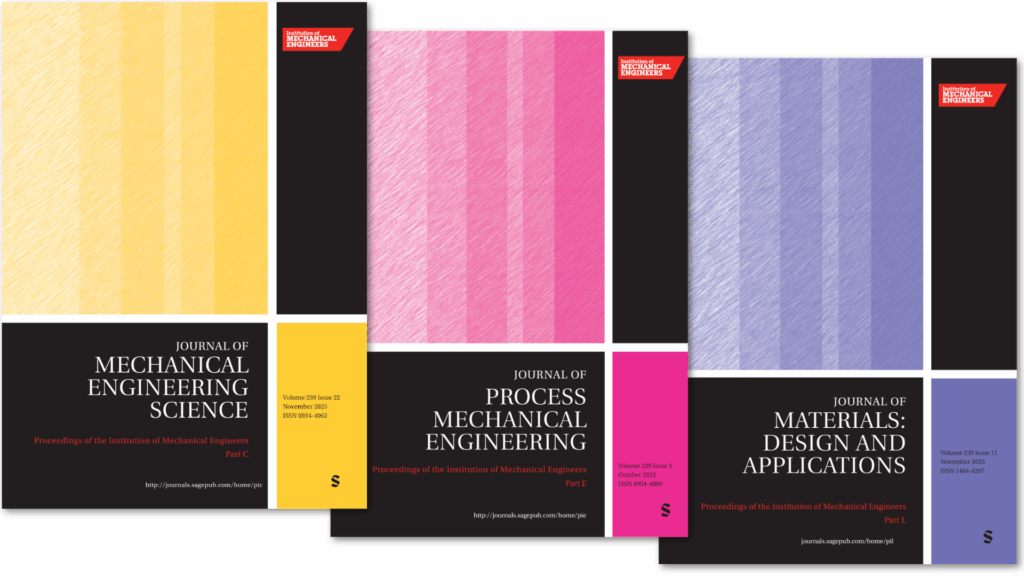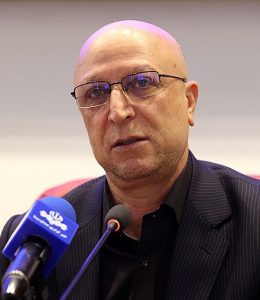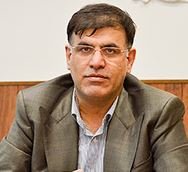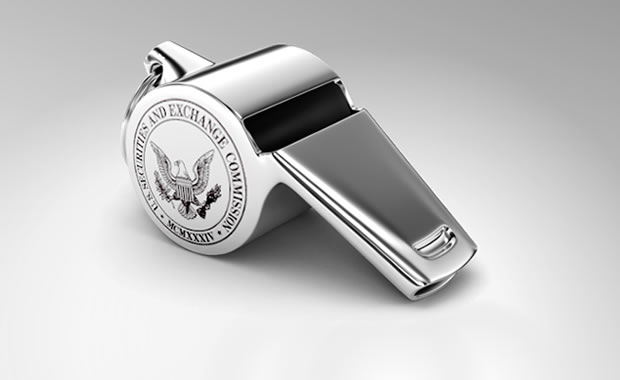
How to render a publishing ban moot? Change your surname and just keep submitting.
That’s what happened in the case of Hashem Babaei, aka Hashem Gharababaei. In 2010, the Institution of Mechanical Engineers (IMechE), a professional society based in the U.K., banned the mechanical engineering researcher from the University of Guilan from submitting his work to its journals.
But over the next 10 years, (Ghara)Babaei managed to publish at least 10 articles in the society’s journals, simply using the abbreviated version of his name while continuing to use the same email address from his institution in Rasht, Iran.
Continue reading Author changes name, publishes 10 papers in journals that banned him







